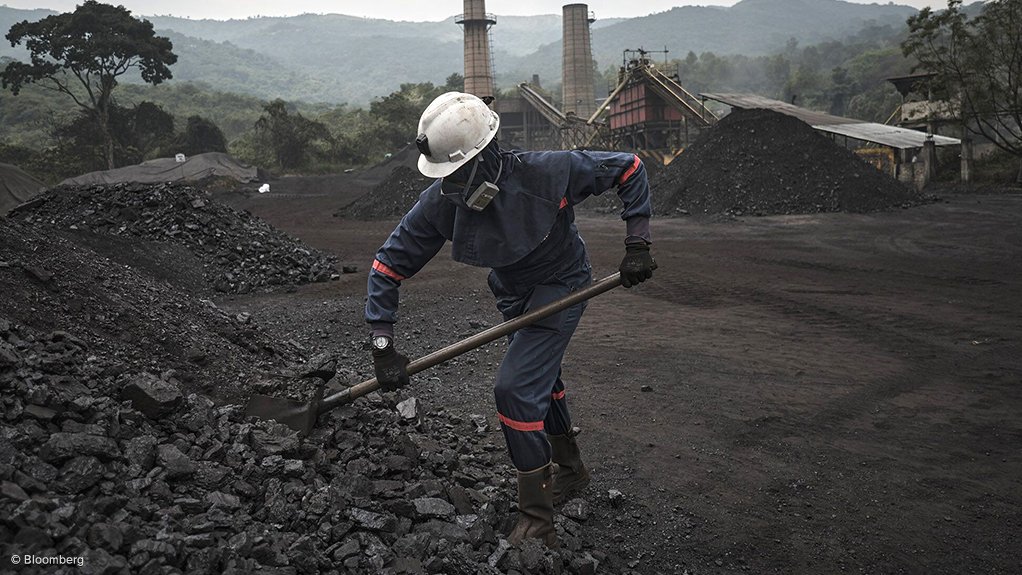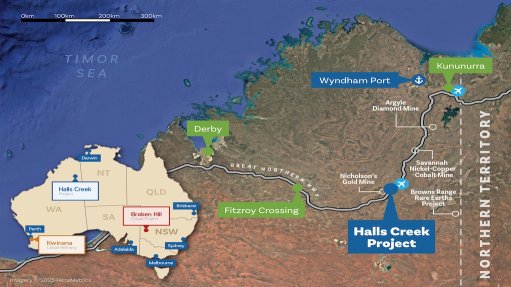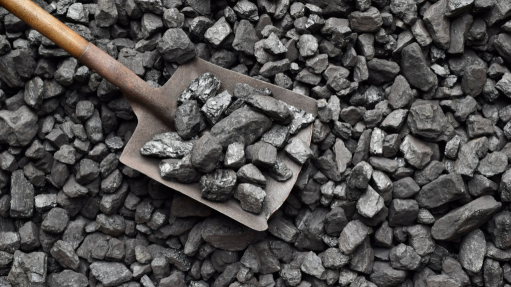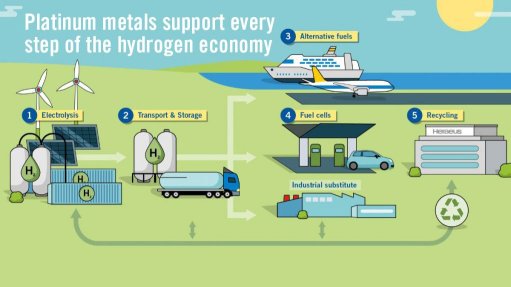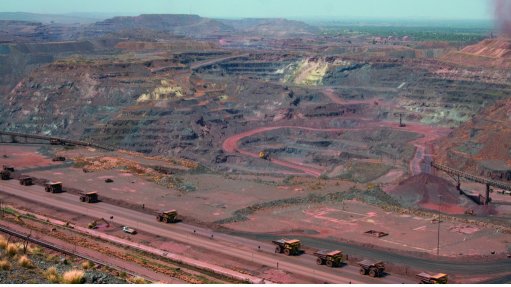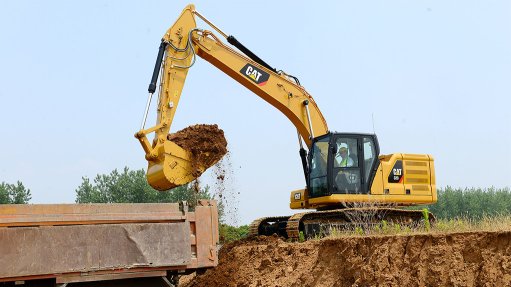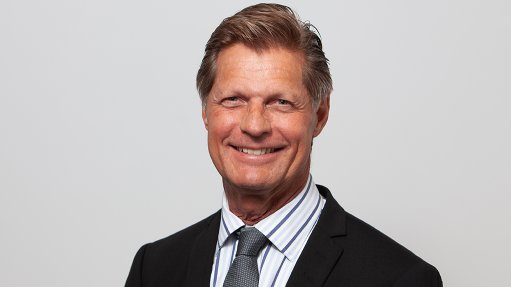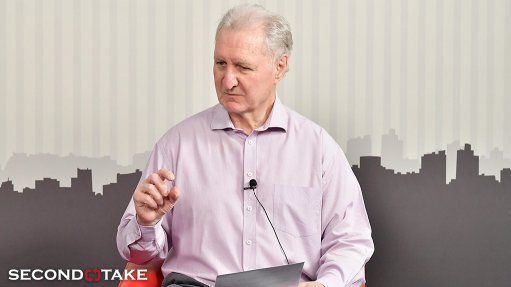How coal giant Colombia is trying to wean its economy off fossil fuels
Colombia has become the first major coal producer to join a group of nations calling for the end of fossil fuels, in a bid to escape the economic trap it could face as the world ditches the dirtiest forms of energy.
South America’s top miner of the black rock, which is also a significant crude exporter, said it was joining the movement seeking to negotiate a Fossil Fuel Non-Proliferation Treaty during the COP28 climate talks in Dubai. The initiative, which now includes 11 countries, 100 cities and thousands of nonprofits, is inspired by the Treaty for the Non-Proliferation of Nuclear Weapons that slowed the spread of the most destructive armaments in the 1960s and 70s.
“Countries like Colombia need to push this the most because we’re in the worst of both worlds — we are not Saudi Arabia,” Colombia’s Environment Minister, Susana Muhamad, said in an interview on the sidelines of COP28. “We have researched the numbers for years. We are the ones that need to make the decision and negotiate now, not in 15 years when nobody wants our oil.”
Gustavo Petro became Colombia’s first leftist president last year on promises to improve social justice in the region’s fourth-largest economy by raising taxes, imposing tariffs on imports and leading it into a clean-energy transition. The country only has about seven years of oil and natural gas left in its proven reserves, but the government has already stopped issuing new exploration contracts for fossil fuels.
Colombia’s economy remains heavily dependent on fossil fuel production and exports. Oil taxes, dividends and royalties have accounted for 13% of the government’s revenue over the past decade, and are equivalent to a third of the total value of Colombian exports. Oil and coal exports generate about $20-billion in annual foreign exchange earnings, while new mining, oil and gas licenses attracted $7.6-billion in foreign direct investment in 2020, according to the International Energy Agency. Colombia’s government plans to direct fossil fuel royalties and taxes to a fund to finance clean power projects.
“My own society would say, ‘How would the president produce such economic suicide?’ given that we depend on oil and coal,” Petro said in a speech at COP28. “Today we face an immense confrontation between fossil capital and human life, and we must choose a side. We choose the side of life.”
Petro’s opposition, together with some progressive lawmakers, have come out against the government’s stance on climate, warning it could eventually suffocate the Colombian economy. Among them is Jorge Robledo, who once was part of the same party as Petro and has now become a strong critic.
“Petro is sentencing Colombia to give up on its production and exports of hydrocarbons, which are irreplaceable for the national economy,” Robledo said following Petro’s COP28 speech, according to reports in local media. “It is forcing the country to import at higher costs and it is not making a difference to the climate change problem or speeding up the energy transition.”
Since halting the issue of new oil exploration permits, Colombia is considering whether to import natural gas and light crude from Venezuela, one of the world’s dirtiest producers of fossil fuels, as well as conducting oil exploration there.
Developing countries are often punished with credit rating downgrades when they try to shift their economies away from fossil fuels: After announcing that it would halt the awarding of new exploration licenses, Colombia faces higher debt levels, a higher cost of capital and potential legal demands, Muhamad said. “No country will put at risk their economy because of this climate transition,” she said. “We need different economic rules. The financial and economic global system does not support the requirements for this transition.”
The Fossil Fuel Non-Proliferation Treaty that Colombia just joined aims to complement high-level political discussion on phasing out fossil fuels taking place at COP28 this week. If the conference’s final text includes a reference to the need to end dependance on dirty fuels, then the non-proliferation treaty could lay out an economic plan to achieve that, Muhamad said.
“A lot of the conversations we’ve been having with Colombia and other countries have focused around the impossibility of turning off the taps overnight,” said Tzeporah Berman, a Canadian climate activist and the chair of the Fossil Fuel Non-Proliferation Treaty. “We have to stop the expansion and we need to manage a wind-down, but we don’t just need one country to stop expanding — we need all countries.”
Signatories so far include small island nations such as Samoa, Palau, Fiji, Antigua and Barbuda, as well as Timor Leste, a Southeast Asian nation whose economy also depends on oil and gas extraction. These countries are committed to stop the expansion of fossil fuels and are working on the treaty’s text. Campaign researchers have studied other non-proliferation treaties, including those on landmines, chemical weapons and nuclear weapons. They’re also working with lawyers and experts to develop proposals around finance and trade and tax agreements.
“The treaty for the prohibition of nuclear weapons provides a role model — a small coalition of like-minded countries developing strong frameworks and rules that then become the social norm for foreign policy,” Berman said. “If you look at that treaty, a lot of the big countries who were stockpiling nuclear weapons never joined, but they stopped stockpiling nuclear weapons.”
Campaigners first reached out to the Colombian government a year ago through the Catholic church, Muhamad said. Several Catholic organizations endorse the initiative, including the Laudato Si’ Movement, a network of organizations that formed after Pope Francis published the Laudato Si’ encyclical, the first time a Catholic leader formally addressed climate change and environmental degradation.
Conversations between Berman’s team and Petro’s government went on for months before the country formally joined the campaign on December 2. Now, Colombia is promoting the initiative among other governments in the Independent Association of Latin America and the Caribbean group of countries or AILAC, Muhamad said. Conversations are happening with nations in a similar position as Colombia’s, as well as the Dominican Republic.
“People start to realize that when you get to the phase out discussion, you get to an economic problem,” she said. “That’s the shadow that doesn’t allow to move forward on phasing out fossil fuels, that’s why we want this treaty.”
Comments
Announcements
What's On
Subscribe to improve your user experience...
Option 1 (equivalent of R125 a month):
Receive a weekly copy of Creamer Media's Engineering News & Mining Weekly magazine
(print copy for those in South Africa and e-magazine for those outside of South Africa)
Receive daily email newsletters
Access to full search results
Access archive of magazine back copies
Access to Projects in Progress
Access to ONE Research Report of your choice in PDF format
Option 2 (equivalent of R375 a month):
All benefits from Option 1
PLUS
Access to Creamer Media's Research Channel Africa for ALL Research Reports, in PDF format, on various industrial and mining sectors
including Electricity; Water; Energy Transition; Hydrogen; Roads, Rail and Ports; Coal; Gold; Platinum; Battery Metals; etc.
Already a subscriber?
Forgotten your password?
Receive weekly copy of Creamer Media's Engineering News & Mining Weekly magazine (print copy for those in South Africa and e-magazine for those outside of South Africa)
➕
Recieve daily email newsletters
➕
Access to full search results
➕
Access archive of magazine back copies
➕
Access to Projects in Progress
➕
Access to ONE Research Report of your choice in PDF format
RESEARCH CHANNEL AFRICA
R4500 (equivalent of R375 a month)
SUBSCRIBEAll benefits from Option 1
➕
Access to Creamer Media's Research Channel Africa for ALL Research Reports on various industrial and mining sectors, in PDF format, including on:
Electricity
➕
Water
➕
Energy Transition
➕
Hydrogen
➕
Roads, Rail and Ports
➕
Coal
➕
Gold
➕
Platinum
➕
Battery Metals
➕
etc.
Receive all benefits from Option 1 or Option 2 delivered to numerous people at your company
➕
Multiple User names and Passwords for simultaneous log-ins
➕
Intranet integration access to all in your organisation



